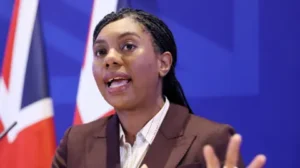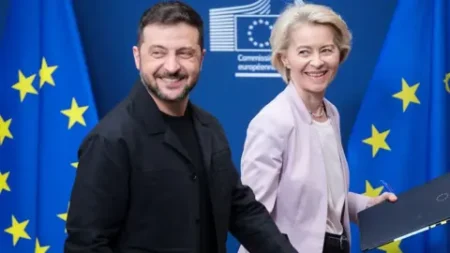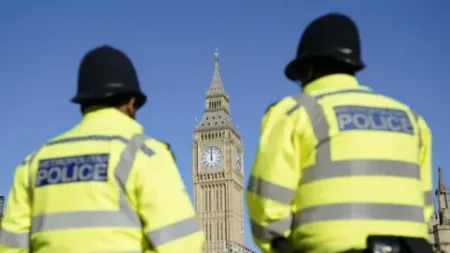The United Kingdom has recently shifted its stance regarding the long-standing territorial dispute in Western Sahara, backing Morocco’s autonomy plan for the region. This strategic move comes as the UK aims to secure lucrative investment opportunities tied to the upcoming 2030 men’s football World Cup, which is set to be co-hosted by Morocco, Spain, and Portugal. Historically, British governments have maintained a neutral position in this dispute, which the United Nations classifies as a “non-self-governing territory.”
In announcing this new alignment, UK Foreign Secretary David Lammy emphasized that Morocco’s offer of autonomy was the most credible and practical solution for a lasting resolution of the conflict. His statement marks a significant departure from previous UK policies that held back support, aligning instead with a more decision-oriented approach that recognizes Morocco’s sovereignty over Western Sahara while allowing for local autonomy.
During his visit to the Moroccan capital of Rabat, Lammy also formalized an agreement aimed at enhancing collaboration between the UK and Morocco on various infrastructure projects related to the World Cup. He indicated that this agreement is a pathway for British companies to participate substantially in building essential infrastructure, stating, “British businesses will score big on football’s biggest stage.” This partnership aims to foster business opportunities in multiple sectors, showcasing the potential financial gains from closer bilateral relations.
Algeria, which has historically supported the independence aspirations of the Sahrawi people of Western Sahara, publicly expressed its disappointment over the UK’s change in policy. The Algerian government criticized Lammy’s assertion that Morocco’s autonomy proposal could serve as the basis for negotiations, arguing that it had not been presented to the Sahrawi people, thus lacking legitimacy in their eyes. In doing so, Algeria underscores the contentious nature of this issue, depicting Morocco’s longstanding claim over the territory as unyielding.
Western Sahara itself has a complex history as a mineral-rich former Spanish colony, embroiled in conflict for over five decades. Currently, Morocco controls a substantial portion of the territory, while the Polisario Front, an armed movement advocating for the independence of Western Sahara, governs another segment. This entrenched conflict is further complicated by international dynamics, as countries including the United States, Spain, France, Germany, and the Netherlands have increasingly sided with Morocco’s territorial claims.
British diplomatic sources indicated that the UK’s newfound endorsement of Morocco’s plan appears closely linked to lucrative commercial prospects and an assurance from Morocco to support the idea of self-determination for the people of Western Sahara. These negotiations promise to include updates to Morocco’s autonomy framework and a commitment to starting dialogues aimed at achieving a peaceful resolution.
The newly established agreements between the UK and Morocco highlight a shared commitment to peace—one that emphasizes mutual respect for the principles of self-determination and the avoidance of armed conflict in resolving disputes. The UK’s previous position characterized the status of Western Sahara as “undetermined,” typically advocating for the right of its people to self-determination, making this shift all the more noteworthy.
Morocco has welcomed the UK’s endorsement, viewing it as a historic milestone in their centuries-old relationship. Foreign Minister Nasser Bourita framed this development as a pivotal step toward definitively resolving the ongoing dispute. Lammy elaborated on the tangible benefits for British businesses and the larger economic implications of these partnerships, asserting that they would lead to increased investment in the UK construction sector.
The backdrop to these diplomatic maneuvers includes a history of hostilities between Morocco and the Polisario Front, characterized by violent clashes in the late 20th century, various ceasefires, and a long-standing failure to implement a promised UN-mediated referendum that would allow the residents of Western Sahara to choose between independence and Moroccan rule. Since 1991, UN peacekeepers have been present in the region, yet fundamental resolutions remain elusive.











